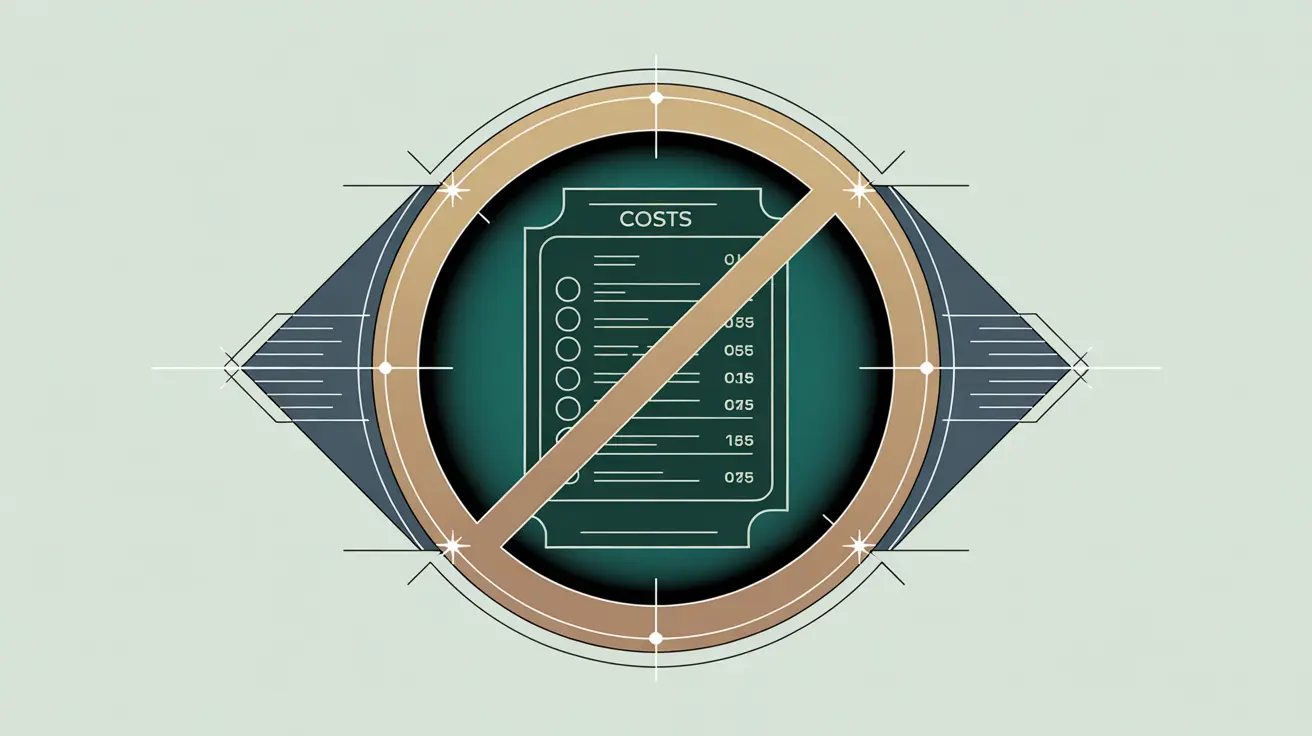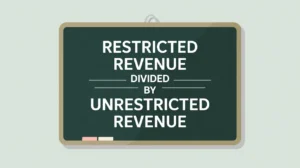Importance of Unallowable Costs
Unallowable costs define what expenses cannot be charged to a grant or donor-funded project. This matters because clear understanding of unallowable costs protects nonprofits from compliance violations, audit risks, and potential repayment of funds. For organizations in social innovation and international development, knowing these boundaries is essential to maintaining donor trust, safeguarding funding, and ensuring resources are applied properly to mission-driven work. Boards and finance teams value clarity on unallowable costs because it upholds accountability and strengthens organizational credibility.
Definition and Features
Unallowable costs are defined as expenses that a donor, regulator, or funding agreement prohibits from being charged to grant funds. Key features include:
- Examples: alcohol, lobbying, entertainment, fines, penalties, and expenses outside the approved scope.
- Donor-Specific: may vary by funder (e.g., U.S. federal, EU, or private foundation).
- Documentation: must be excluded from invoices, financial reports, and cost allocations.
- Compliance Impact: improper charges can trigger audit findings and financial penalties.
Unallowable costs differ from restricted costs (which are allowed but limited in use) by being categorically prohibited.
How this Works in Practice
In practice, nonprofits ensure staff are trained to recognize and exclude unallowable costs from grant-related expenditures. For example, under U.S. federal funding rules, entertainment expenses like tickets to cultural events cannot be charged to the grant, even if related staff attend. Finance teams implement chart of accounts codes and review processes to prevent mischarging, while program managers receive guidance on what is allowable. During audits, unallowable costs are a common area of review, and violations may result in disallowances.
Implications for Social Innovation
For nonprofits in social innovation and international development, awareness of unallowable costs is critical for compliance and donor confidence. Transparent reporting reduces information asymmetry by showing stakeholders that funds are managed responsibly and in line with regulations. Donors gain assurance that their contributions are spent only on mission-relevant activities. By embedding strong internal controls and training, nonprofits can prevent costly mistakes, protect their reputation, and strengthen their ability to deliver systemic change with integrity.







